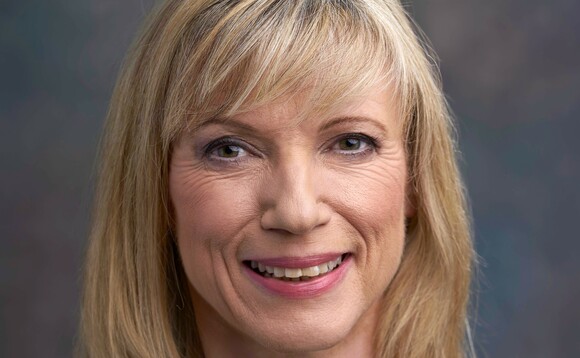As few as 7% of advisers have a differentiated sales and marketing strategy for female clients, according to Schroders' annual adviser survey.
The annual survey gathered the views of more than 200 advisers in November 2021.
While there has been much discussion on the importance of generational wealth transfer, with almost 80% of advisers seeing it to be an opportunity and succession planning was identified as a growing concern, "the importance of women is often overlooked," the report said.
"During the last few years, as the challenge of wealth transfer has come to the fore, the focus has been on transfer of wealth to the next generation," said Gillian Hepburn(pictured), head of intermediary solutions at Schroders. "However, for the baby boomer generation who are passing on wealth now, the first point of transfer is typically from a husband to a wife."
The report also said 70% of widows move to a new financial adviser within the first year of their partner dying.
"If significant numbers of these widows are not using the same adviser then this could be a challenge for the industry," added Hepburn, who warned of the potential damage to business valuations for advisers looking at exit strategies.
Aiming to rectify the imbalance by equipping advisers with a practical guide on how to approach and retain these women, Schroders has collaborated with Dr Eliza Filby on a report, Taking the Reigns: Female Clients and Wealth Transfer.
"At Schroders, we were keen to understand the reasons why women tend to change adviser, and as such engaged Dr Eliza Filby, a historian of generations who has interviewed financial advisers, widows and women typically over-50 to understand their attitudes towards money, investment, inheritance and financial advice and how these differed from men," said Hepburn.
The report delineates an action plan for advisers including: getting to know these women's stories; bringing spouses into the conversation from the outset; getting to know their support infrastructure; providing a structured financial education programme (if needed), practicing emotional empathy; understanding the level and type of communication preferred, and engaging more female advisers.
"Women hold the key to unlocking the inheritance economy and it is time that they were put at the heart of it," said Filby.





